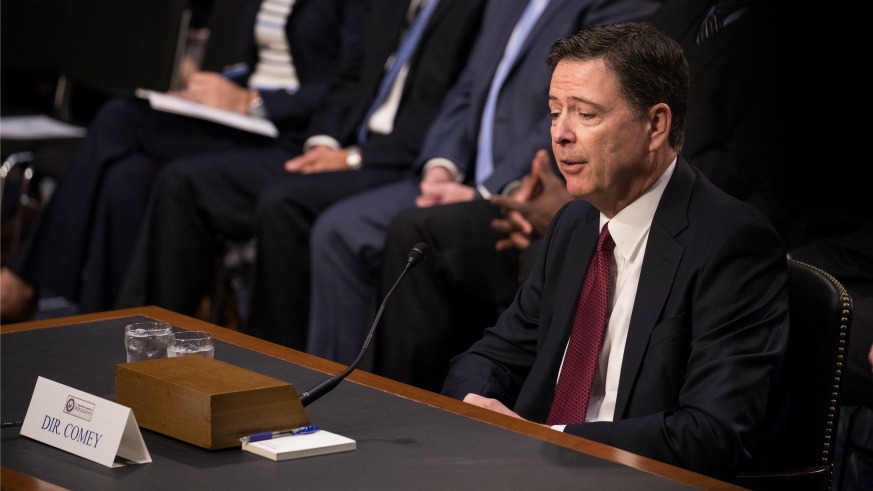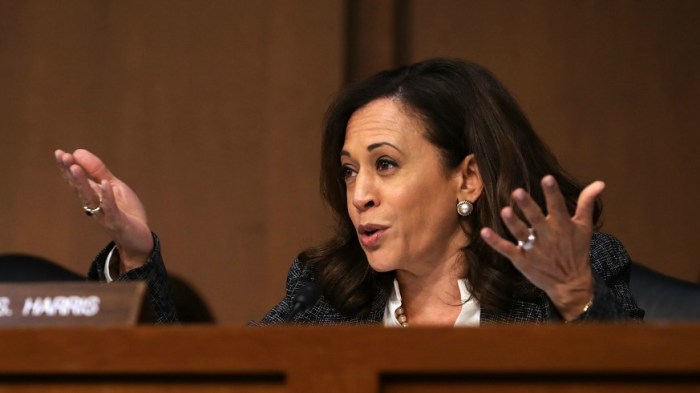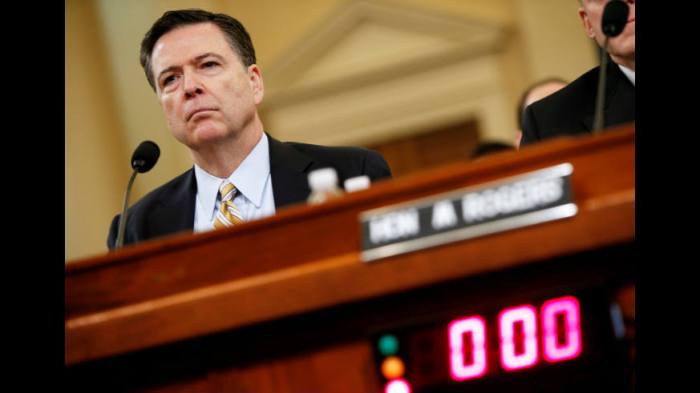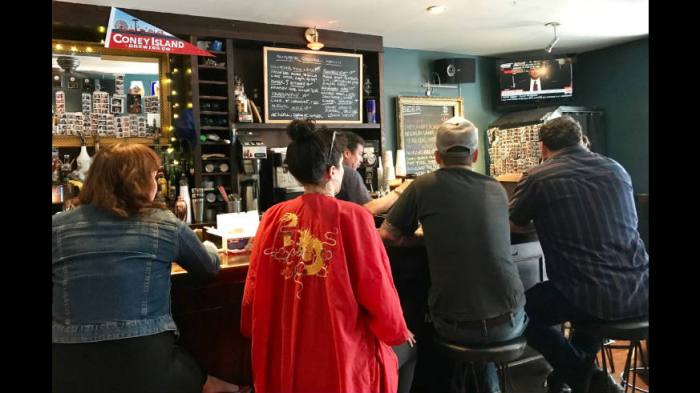On May 12, four days after fired FBI director James Comey testified before Congress about President Trump’s potential obstruction of justice, Trump tweeted, “James Comey better hope that there are no ‘tapes’ of our conversations before he starts leaking to the press!” The tapes did not appear, and yesterday, surprising few, he said they didn’t exist. Legal experts say this may amount to witness intimidation and obstruction of justice.
Compounding an already compounding situation, the president might have admitted as much on TV. In an interview with “Fox & Friends” broadcast today, when reporter Ainsley Earhardt suggested that Trump tweeted about possible recordings to ensure Mr. Comey “stayed honest in those hearings,” Trump paused before responding, “Well, it wasn’t very stupid, I can tell you that.”
He added: “He did admit that what I said was right, and if you look further back before he heard about that I think maybe he wasn’t admitting that.”
…whether there are “tapes” or recordings of my conversations with James Comey, but I did not make, and do not have, any such recordings.
— Donald J. Trump (@realDonaldTrump) June 22, 2017
The threshold for witness intimidation is “corrupt intent.” Some experts say Trump’s tweet qualifies. “This lie increases Trump’s legal exposure for obstruction and witness intimidation — more evidence of corrupt intent,” tweeted Norm Eisen, a former ambassador and special counsel to President Barack Obama.
Greta Van Susteren, host of MSNBC’s “For the Record” and an attorney, appeared flabbergasted on her show yesterday about the president’s bluff about tapes. “There’s no good motive for saying this except to intimidate James Comey,” she said. “This is not just bad tweeting. This runs the risk of intimidation of a witness. ”
A top constitutional law scholar says Trump may have burned himself with another tweet, in which he called Comey a “leaker” for releasing to the press his notes about meeting with Trump. “I think the claim is utterly frivolous and indeed could be characterized as a form of witness intimidation,” said Laurence Tribe, a constitutional law professor at Harvard Law School, noting that Comey’s notes were not classified and therefore could not be leaked.
Others aren’t convinced the threshold for witness intimidation has been met — yet. “It’s not the kind of comment, if you’re his lawyer, you want him to make,” former federal prosecutor Peter Zeidenberg told Newsweek on Friday. “He’s trying to affect the testimony of a witness, which you’re not supposed to do.” But, he said, Trump’s implication that he tweeted to “keep Comey honest” might skirt corrupt intent. “You’re basically conceding all the elements of the offense except for intent,” he said. “To say that it’s not fatal isn’t the same as saying it’s at all helpful or constructive. He’s putting himself in all kinds of jeopardy for no good reason.”
Hardly anyone, especially those close to the president, considers his airing of legal dirty laundry to be a wise strategy. “If you’re his attorney, you’re pulling your hair out,” said Zeidenberg. “As a lawyer, I think this is just incredibly self-destructive.”
























